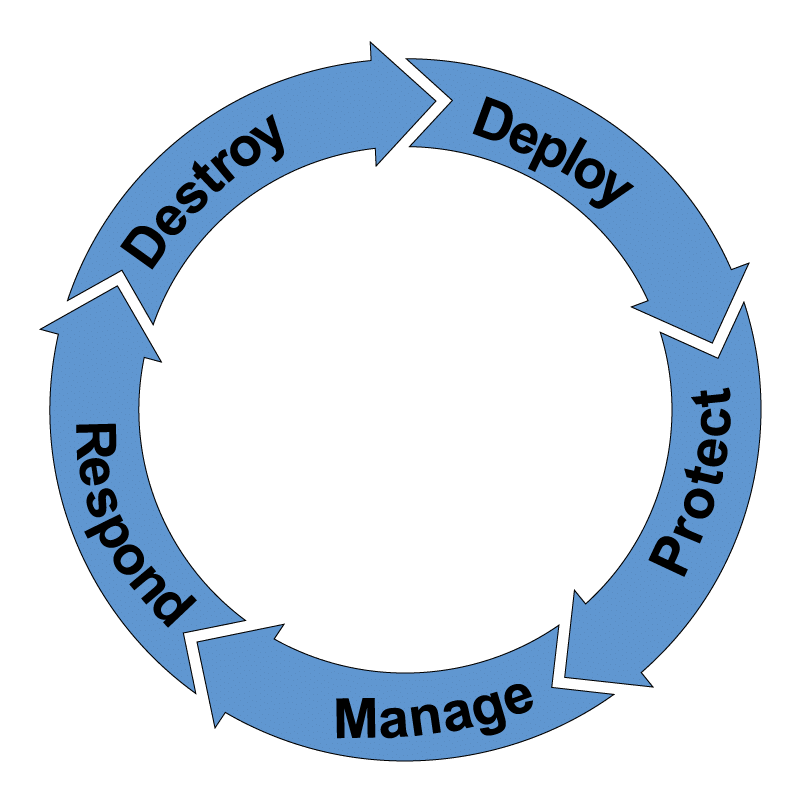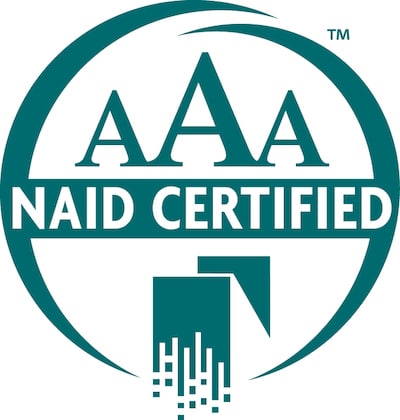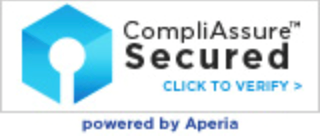Guest Column – Altoona Mirror

Reclamere President Joe Harford was asked to write a guest column about Cyber Security Awareness for the Blair County Chamber of Commerce and the Altoona Mirror’s Business Insights page. This article was published on September 28, 2020.
“You clicked on what?” An all too common phrase that employees will hear from the company’s computer team. The mistakes that we make by clicking on links sent in emails is growing even more extensive by this new “work from home” phase in the workplace. Although the United States began recognizing October as National Cyber Security Awareness Month (NCSAM) in 2003, we still have challenges with securing our private information from identity thieves.
The U.S. Department of Homeland Security and the National Cyber Security Alliance came together in a collaborative effort to make NCSAM a reality. Its purpose is to ensure that every individual remains safe and secure online. As we prepare for October 2020, NCSAM, this year has been “interesting,” to say the least. While there are many unknowns ahead, the one sure thing is that conflict and disruption make for a tremendous cyber-attack recipe. It can be an election, hurricane, or the current pandemic; cybercriminals leverage this type of disorder.
There are three cyber threats that we need to pay attention to and safeguard against as we continue to work from home. Malware is software that is specifically designed to disrupt, damage, or gain unauthorized access to your computer system. Examples of common malware include viruses, worms, trojan viruses, spyware, adware, and ransomware. Phishing is a method used by cybercriminals to send emails pretending to be from a reputable organization to obtain personal information. Today, phishing emails promise financial relief due to the coronavirus pandemic, but they steal credentials, payment card data, and more. Finally, ransomware usually encrypts the files on an affected computer, making them inaccessible; it’s times like the present when your computer is most vulnerable.
So, what can you do? Stop, think, and act. Whether work or personal, email communication must be read with a skeptical eye. This about whether what is being offered or requested is for real. When in doubt, report the suspicious email to your IT team or at home make sure that your computer’s anti-virus is up to date. Unfortunately, with every holiday, catastrophe, or significant world event, the identity thieves are waiting to lure you in to give up the most important currency of the 21st century, your data.








